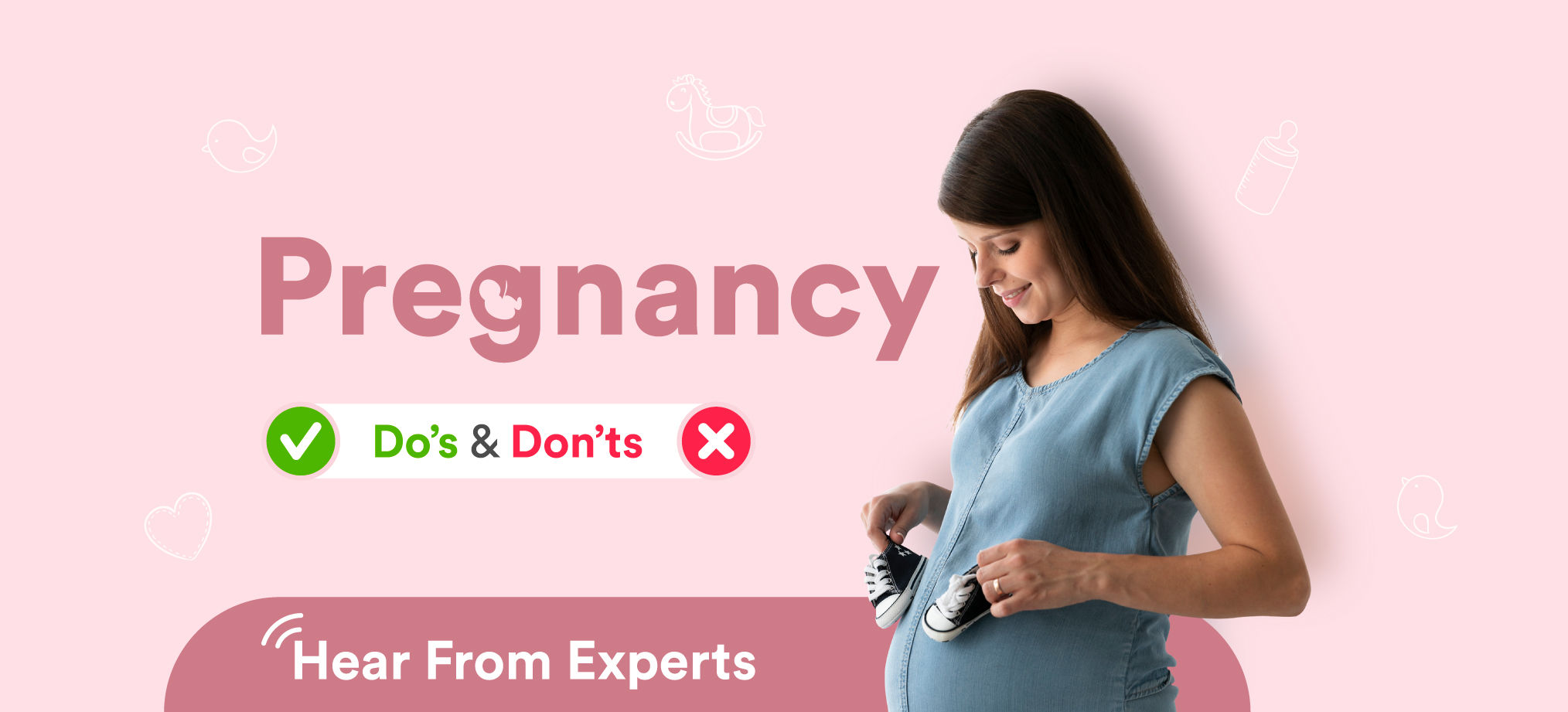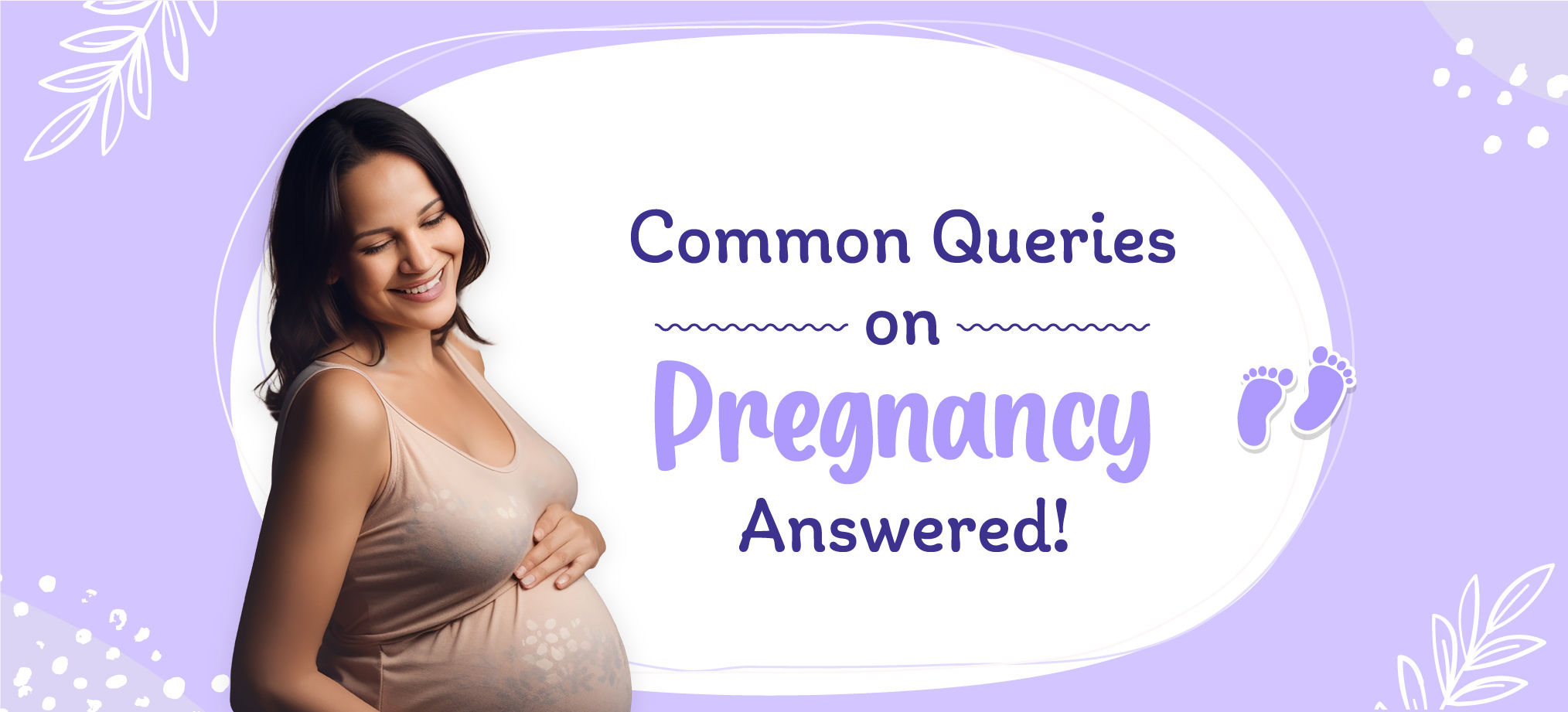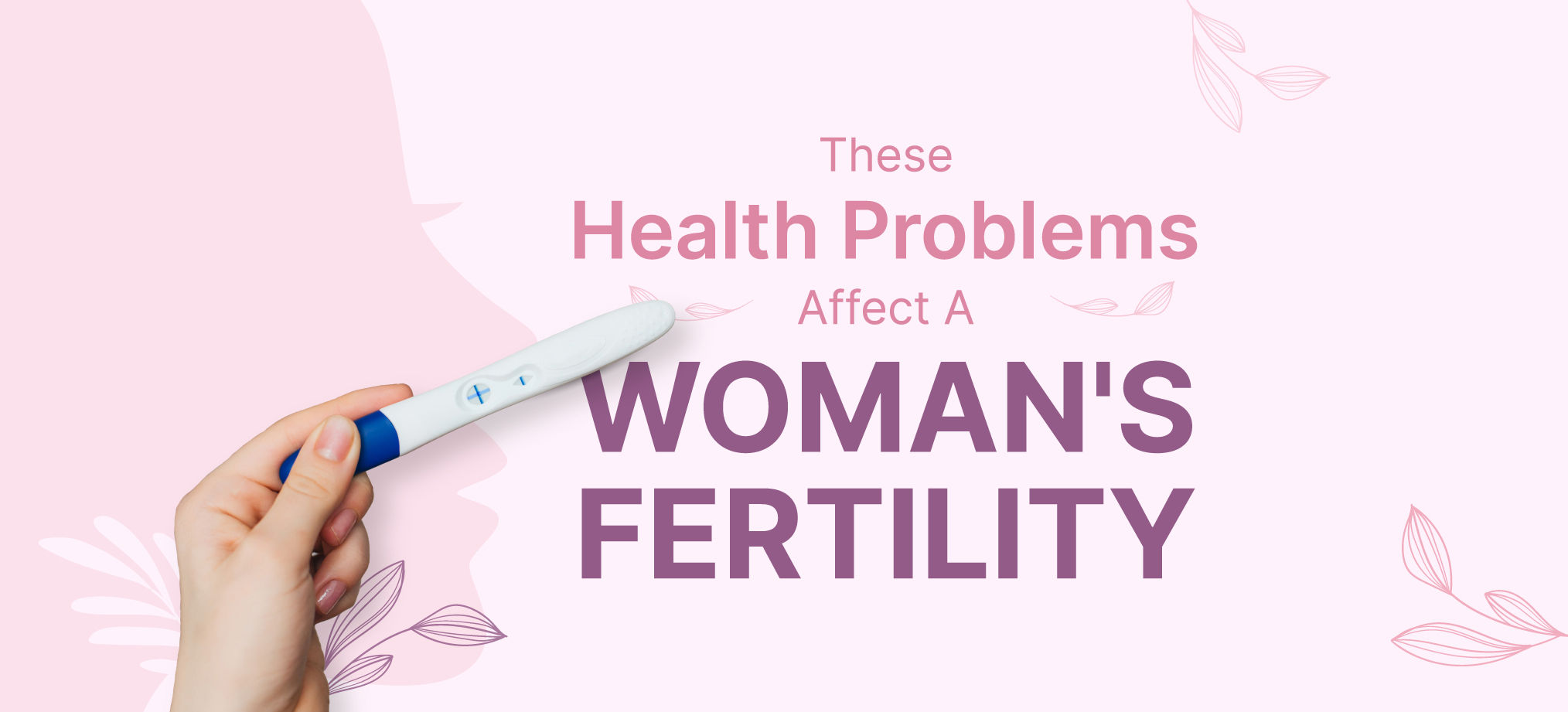Women's Wellness
Can Pregnancy and Childbirth Lead to Depression in Women?
5 min read
By Apollo 24/7, Published on - 03 June 2021, Updated on - 10 February 2025
Share this article
0
0 like

Women undergo several physical and hormonal changes during pregnancy and after childbirth. While most women look forward to this new phase of life, some may face an emotional breakdown. Various studies have shown that many women experience perinatal depression, which often goes unnoticed due to the lack of knowledge about it. While the prevalence of postpartum depression has been acknowledged by many, the term perinatal depression is still obscure.
What is perinatal depression?
The word ‘perinatal’ implies the time during pregnancy and after the baby is born (up to a year). Depression during pregnancy is known as prenatal depression but if the depression starts after the baby is born, it is known as postpartum depression. Prenatal and postpartum depression collectively comprise perinatal depression which is a mood disorder found in women during or after pregnancy. The symptoms of depression can range from mild to severe and include feelings of anxiety, extreme sadness, and fatigue.
A study published in the journal Primary Care stated that 10% to 16% of pregnant women suffer from major depressive disorder (MDD) or clinical depression, while postpartum depression is found in 10% to 20% of women.
What are the signs of perinatal depression?
While some women may only experience fatigue and anxiety, others may experience several symptoms of perinatal depression. Some of the common symptoms of perinatal depression include:
- Persistent fatigue
- Feeling sad, anxious, and irritated all the time
- A feeling of worthlessness, guilt, hopelessness and self-doubt
- Loss of interest in activities and hobbies, which earlier used to give pleasure
- Feeling restless
- Inability to sleep or sleeping too much
- Difficulty concentrating or remembering things
- Loss of appetite
- Persistent pain in the head and other body parts that doesn’t go away even after taking painkillers
- Inability to form an emotional bond with the new-born baby
- Thoughts about harming oneself or the baby
The presence of these symptoms alone does not indicate depression as the doctor may need to conduct certain tests to confirm the diagnosis.
What are the causes of perinatal depression?
Perinatal depression can affect any woman irrespective of their age, culture, income or education. There is no single cause of perinatal depression. However, some factors that may increase the risk include:
- Personal or family history of depression, bipolar disorders, or anxiety disorders
- History of perinatal depression with a previous pregnancy
- Unwanted pregnancy
- Multiple births
- Complicated pregnancy or labour
- History of physical or sexual abuse
- History of substance abuse disorder
- Smoking.
Why is it necessary to treat perinatal depression?
It is necessary to treat perinatal depression as it can result in serious health consequences for both the mother and the baby. Some of the consequences of untreated perinatal depression include:
- Untreated depression during pregnancy can increase the risk of preterm delivery, preeclampsia, low birth weight, and behavioural disturbances in the baby at birth.
- Untreated postpartum depression can result in persistent sadness and anxiety, resulting in a lack of maternal bonding with the infant.
- Research shows that postpartum depression delays the onset of breastfeeding in new mothers. Furthermore, it reduces the duration of lactation, which can affect the immune system of the baby.
- Studies reveal children born to women with untreated postpartum depression are at increased risk of developing impaired cognitive, behavioural, social, and communication skills.
Can perinatal depression be prevented?
Some measures that may help prevent perinatal depression include:
- Signing up for birth classes and counselling sessions to help lower anxiety levels.
- Screening at the initial prenatal visits and again in the last trimester of pregnancy.
- New mothers should be screened for 6 weeks after the baby is delivered to check for any signs of depression.
- Regular baby health check-ups should also include mental health screening of the mother.
Recommended read: How Can New Mothers Prevent Postpartum Depression
How is perinatal depression treated?
As perinatal depression can have serious health effects on both the mother and the baby, it is important to treat it. Treatment therapies that may help treat perinatal depression include:
- Psychotherapy: Also known as counselling or talk therapy, psychotherapy can help women deal with behavioural changes during pregnancy. Two of the most commonly used psychotherapies are cognitive behavioural therapy and interpersonal therapy.
-
- Cognitive Behavioral Therapy (CBT): CBT helps women deal with depression and anxiety by making them recognize the negative thoughts and behaviour patterns that could be the reason for depression. The therapy teaches them different ways of thinking, behaving, and reacting to critical situations.
-
- Interpersonal Therapy (IPT): IPT is a therapy that helps in managing mood disorders by improving communication between relationships and developing social support networks. This therapy helps women deal with the issues and life events that may be contributing to their depression.
- Medications: Doctors may prescribe anti-depressants such as Selective serotonin reuptake inhibitors (SSRIs) to some pregnant and postpartum women suffering from perinatal depression. These medicines help in controlling mood changes, improve sleep and appetite. and reduce stress. However, SSRIs may also have risks associated with them and hence, they must not be taken without consulting a doctor.
- Balanced diet: A woman requires additional calories and nutrients during pregnancy and breastfeeding. Women must consume a diet rich in fresh vegetables, healthy fats, carbohydrates, and lean protein to maintain a healthy body and mind.
- Exercise: Pregnant women and new mothers must take up some kind of physical activity such as brisk walking or using a stationary cycle as it can benefit the body while alleviating some signs of depression. It is important to note that a doctor must be consulted before starting any new exercise regimen.
Conclusion
Perinatal depression often goes undiagnosed as many of its signs including stress, lack of sleep, and mood swings are experienced by most pregnant woman. Moreover, new mothers often refrain from admitting any signs of depression as they fear the embarrassment of being “less of a mother” than they are expected to be. The lack of understanding from the partner or the family is also one of the contributing factors to perinatal depression. It is important that along with physical examination, clinicians must screen pregnant and postpartum women for mood and anxiety disorders. Spouses, family members or friends should provide care and support to the new mother and encourage them to seek professional help if needed. It is crucial to diagnose and treat perinatal depression as it can be harmful to both the mother and the baby.
Also read: Signs of postpartum depression and when should you seek help
Leave Comment
Recommended for you

Women's Wellness
What To Do And What To Avoid During Pregnancy?
When you are pregnant, it becomes all the more important to take care of your health. Adopting healthy practices is vital to ensure the proper development of your unborn baby and improve your overall well-being. So, here is a list of some of the best practices to engage in for a healthy and safe pregnancy.

Women's Wellness
Pregnancy Tips: Answering Common Questions Asked By Women Who Just Conceived
You could have a lot of concerns as a future mother-to-be about what to expect during this momentous time. There are several factors to consider, from morning sickness to prenatal care. This blog post is put together in order to address some of the most frequent queries that newly pregnant women may have.

Women's Wellness
These Health Problems Can Reduce Your Chances Of Pregnancy
If you’ve been trying to conceive consistently for a year and haven’t been successful, then it’s advisable to consult with a doctor. There are a number of medical issues that can result in infertility or make it difficult for you to conceive. Read on to find out the most common ones.
Subscribe
Sign up for our free Health Library Daily Newsletter
Get doctor-approved health tips, news, and more.
Recommended for you

Women's Wellness
What To Do And What To Avoid During Pregnancy?
When you are pregnant, it becomes all the more important to take care of your health. Adopting healthy practices is vital to ensure the proper development of your unborn baby and improve your overall well-being. So, here is a list of some of the best practices to engage in for a healthy and safe pregnancy.

Women's Wellness
Pregnancy Tips: Answering Common Questions Asked By Women Who Just Conceived
You could have a lot of concerns as a future mother-to-be about what to expect during this momentous time. There are several factors to consider, from morning sickness to prenatal care. This blog post is put together in order to address some of the most frequent queries that newly pregnant women may have.

Women's Wellness
These Health Problems Can Reduce Your Chances Of Pregnancy
If you’ve been trying to conceive consistently for a year and haven’t been successful, then it’s advisable to consult with a doctor. There are a number of medical issues that can result in infertility or make it difficult for you to conceive. Read on to find out the most common ones.